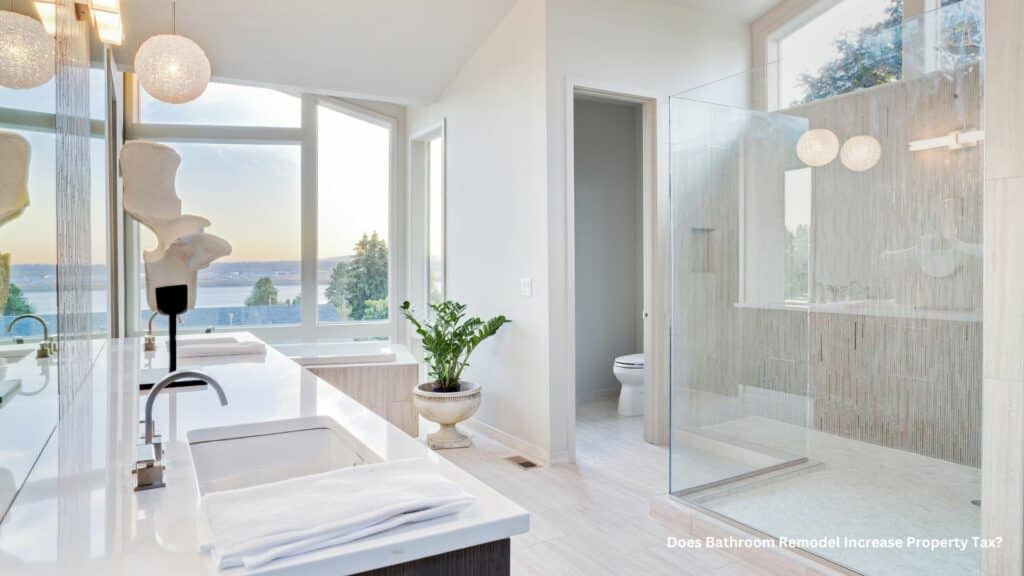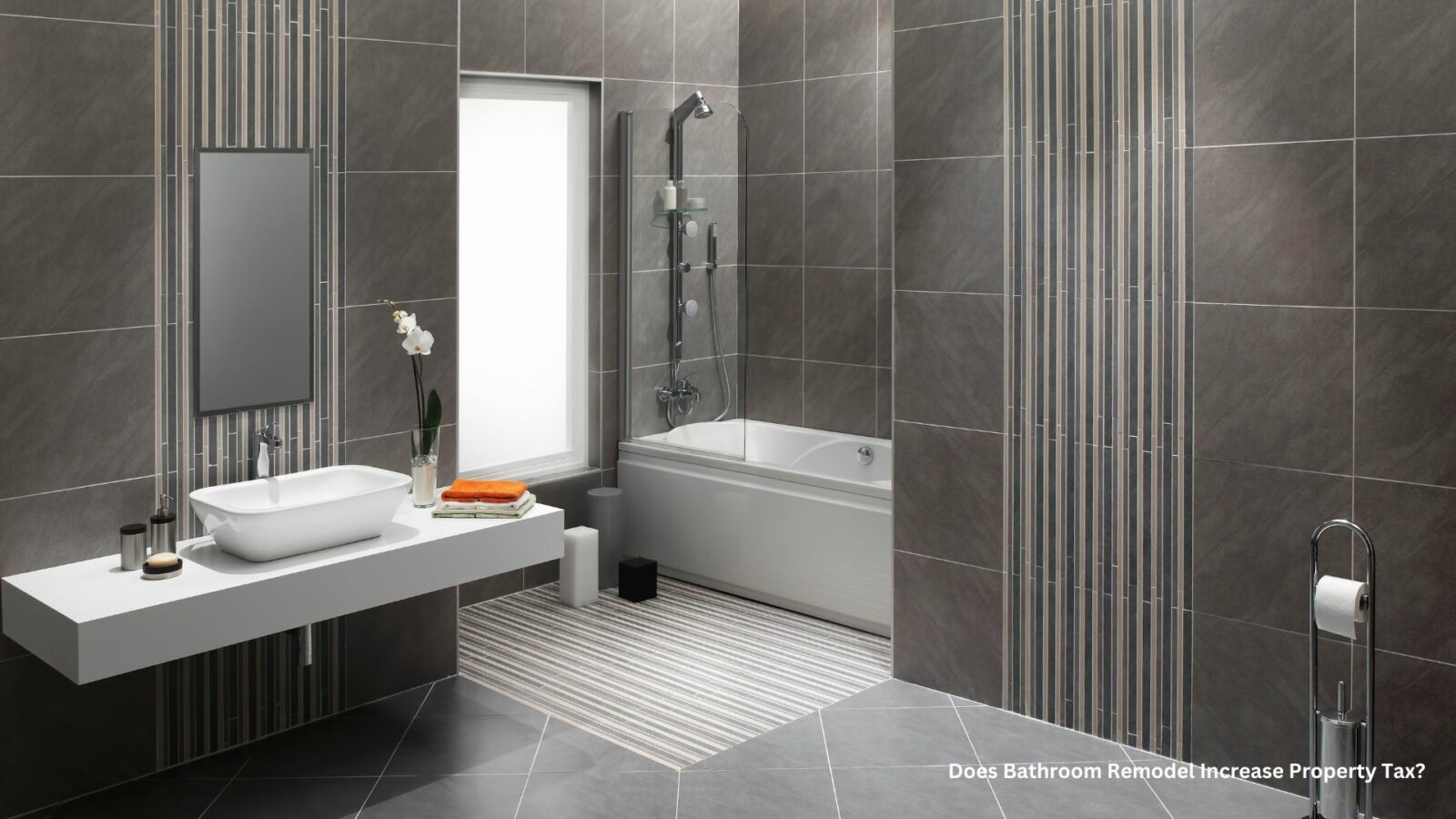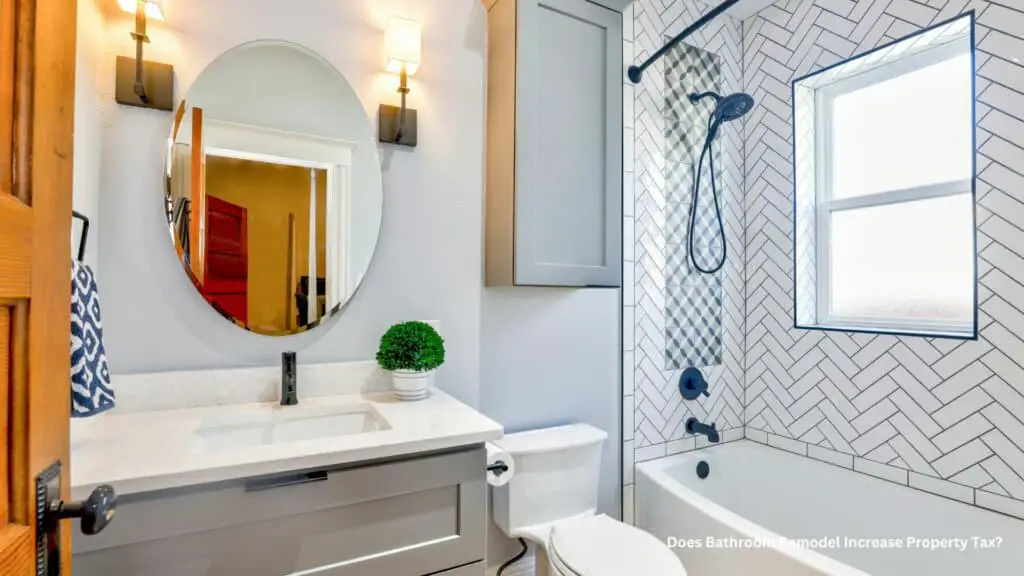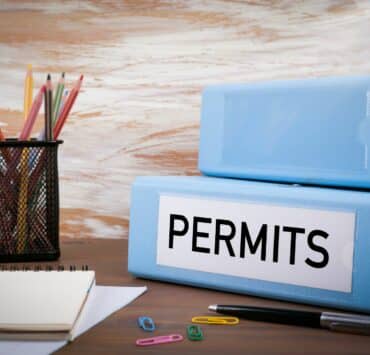Does Bathroom Remodel Increase Property Tax? This question is crucial for homeowners planning to upgrade their bathrooms. As property taxes are influenced by the assessed value of your home, understanding this relationship is essential. Remodeling your bathroom may increase the market value of your property, which could subsequently lead to an increase in property taxes.

The Basics of Bathroom Remodeling and Property Tax
A bathroom remodel can potentially increase the value of your home, which might lead to higher property taxes. However, the impact varies based on the extent of the remodel and local tax policies.
Factors Influencing Tax Increases
Significant enhancements that increase your home’s market value (like adding a bathroom or luxury finishes) can raise your property’s assessed value, leading to higher taxes.
- Extent of the Remodel: Simple updates like replacing fixtures or repainting may not significantly affect your home’s assessed value, whereas major changes like expanding the bathroom’s footprint or adding high-end finishes can have a greater impact on valuation.
- Market Value Contribution: Property assessors consider the added market value brought by renovations. For example, adding a bathroom in some regions can increase a home’s resale value, potentially leading to a higher tax assessment.
- Local Tax Rules: Different municipalities have different rules regarding property assessments after renovations. Some may reassess a property’s value only at specific intervals or after major changes, while others may do so annually.
Case Studies and Local Variations
Property tax implications of home improvements can differ widely depending on local regulations and the nature of the remodel. Some regions offer exemptions or deferrals for certain types of improvements, which can mitigate tax increases.
Virginia

In Virginia, property tax implications for home improvements like bathroom remodeling can vary widely across different jurisdictions. Generally, any substantial improvement that increases the market value of the home can lead to higher property taxes. It’s important for homeowners to consult with local tax assessors to understand specific impacts based on their locality’s assessment practices. Some areas might offer tax relief or exemptions for certain types of improvements, which could mitigate increases in property taxes.
Maryland

Maryland homeowners also face variable impacts on property taxes after bathroom remodels depending on where they live. Like Virginia, significant renovations that increase home value can result in higher taxes. Maryland conducts property assessments on a triennial basis, meaning properties are reassessed every three years, which could delay the tax impact of any remodel. Maryland may offer exemptions that temporarily prevent tax increases due to renovations.
Washington D.C.

Washington D.C. tends to have higher property tax rates compared to neighboring Maryland and Virginia. Significant home improvements, including bathroom renovations, can lead to an increase in property assessments and consequently higher taxes. D.C. assesses property annually, which means any changes due to remodeling are likely to be reflected in property taxes more quickly than in Maryland. Homeowners are advised to verify potential tax changes with local assessment offices post-renovation.
California

Despite general caps on property tax increases, significant renovations like bathroom additions can trigger a reassessment under new construction rules, leading to possible tax increases.
New Jersey

Here, any improvement that significantly enhances a home’s value, such as adding a bathroom, can increase property taxes. It’s essential to consider how these improvements align with local assessment practices.
New York

In New York, the property tax implications for bathroom remodeling can vary significantly by locality. Property taxes in New York are primarily used to fund local services like schools and municipal services and are based on the assessed value of real property. When a homeowner makes improvements that increase the value of their property, such as adding a bathroom, it can lead to higher property taxes. These taxes are calculated by local assessors who determine the value of the property based on current market conditions and any improvements made.
Expert Advice
Tax professionals advise that homeowners planning significant renovations should consult with local assessors before beginning their projects. This consultation can provide an estimate of the potential tax implications and help in planning the scope of the remodel to manage financial outcomes effectively.
Additional Considerations
- Tax Relief and Exemptions: Some jurisdictions offer temporary exemptions or deferrals on increases in property taxes due to renovations, which can provide short-term relief to homeowners. These policies are designed to encourage upgrading without immediate financial penalty.
- Improvement vs. Maintenance: Distinguishing between maintenance (e.g., repairing existing features) and improvements (e.g., adding new features or significantly upgrading existing ones) is crucial since tax implications generally apply more significantly to the latter.
FAQ Section
Will my property taxes go up if I remodel in California?
In California, property tax increases are capped by Proposition 13, unless there’s a change in ownership or new construction. However, significant improvements like a bathroom addition could be considered new construction and might increase your taxes.
What home improvements increase property taxes in Illinois?
In Illinois, major upgrades that add to the floor space or significantly enhance the property’s value (e.g., an added bathroom or a kitchen remodel) can increase property taxes. It’s best to check specific local regulations.
What home improvements increase property taxes in NJ?
New Jersey sees a direct impact on property taxes with improvements that increase a home’s market value, such as adding bathrooms or extensive renovations.

Does bathroom remodel increase property tax?
Yes, it can, depending on the scope of the work and your local tax rules. Homeowners should plan strategically, considering both the benefits of their improvements and the potential tax implications. Consulting with a tax professional or local tax authority is highly recommended to navigate these changes effectively.










